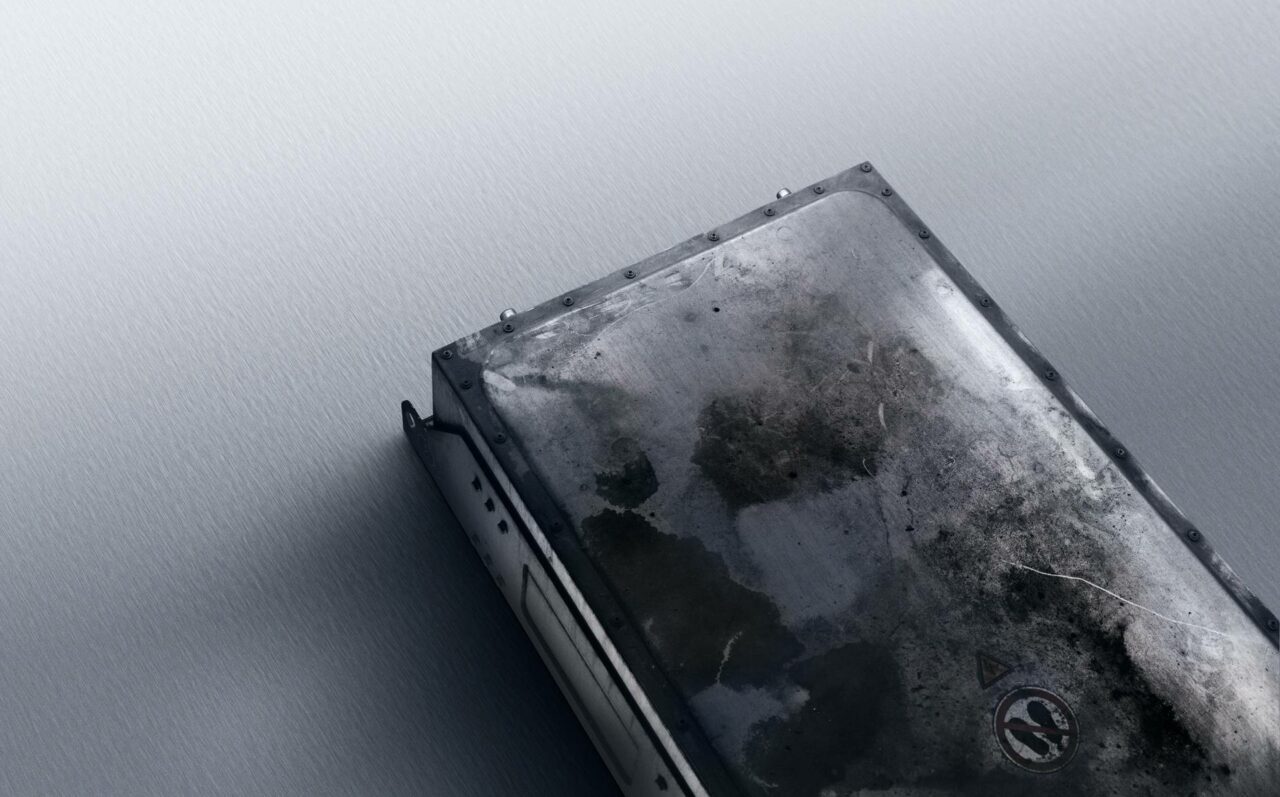 The two companies will co-develop a BESS product that will use batteries from Volvo Group’s electric buses, trucks and machines. Image: Volvo Group/Volvo Energy.
The two companies will co-develop a BESS product that will use batteries from Volvo Group’s electric buses, trucks and machines. Image: Volvo Group/Volvo Energy.Volvo Energy and Connected Energy have signed a letter of intent to co-develop a battery energy storage system (BESS) solution using batteries from Volvo Group’s electric buses, trucks and machines
Volvo Energy, part of the automotive and engineering company Volvo Group, is already using UK-based second life BESS firm Connected Energy’s existing E-STOR BESS technology at its facility in Gothenburg, Sweden, which it is using to test and review the tech’s response rate to the Swedish electricity grid.
Development of the first prototype BESS as part of the collaboration may begin later this year and Volvo Energy intends to launch the systems in the European market in early 2025. Connected Energy CEO Matthew Lumsden highlighted 2025 as the year when the “real volumes” of second life electric vehicle (EV) batteries would start to hit the market, in an interview last year.
Commenting on the Volvo Energy partnership this week, Lumsden said: “In the coming years, the volumes of returning batteries from first life applications will substantially increase. This represents a key opportunity for original equipment manufacturers like Volvo Group. Together we have the potential to develop and commercialise second life energy storage systems that make EVs even more sustainable.”
Volvo Group is a completely separate company to Volvo Cars, which sells consumer vehicles, after the two were separated in the 1990s. The partnership between Volvo Energy and Connected Energy started last year when the former invested in a fundraising round by the latter. At the time, Connected’s main product was a BESS comprising of batteries from Renault’s Kangoo electric van.
Connected Energy has embarked on a number of second-life battery projects in recents years. In March 2023, it was announced that two of the company's second life 300kW BESS will support a depot housing over 200 electric fleet vehicles in Nottingham.
This article was first published on Solar Power Portal's sister site Energy-Storage.news. The orginal article can be read here.